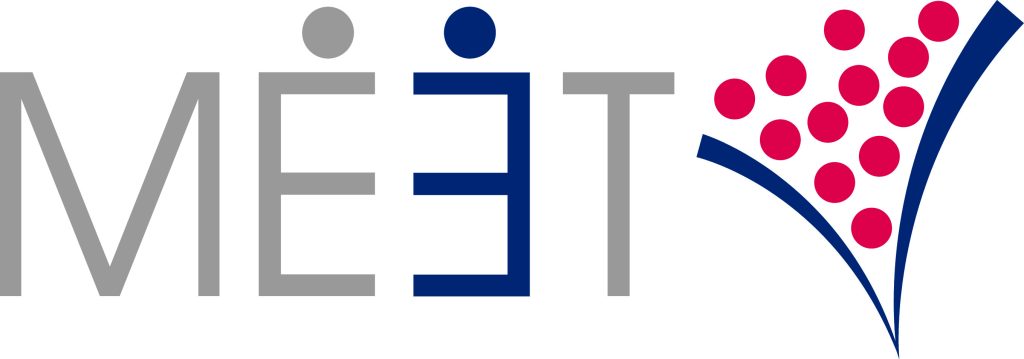In this episode of Belly2Belly, Bill Kenney interviews David Rose from US Expansion Partners about his newly released ebook, The 12 Essentials You Need to Know for US Expansion. The ebook was created to address common questions companies have when expanding into the US, offering insights on navigating federal and state regulations, selecting the best location, and understanding the complexities of forming a business entity. Rose emphasizes the importance of careful planning, realistic expectations, and building a solid go-to-market strategy. US Expansion Partners helps international companies, particularly UK and European B2B SaaS firms, streamline their US expansion process by offering comprehensive support and avoiding common pitfalls. Let’s address the common US expansion questions.

Bill Kenney: Hi, everyone! Welcome to the next episode of Belly2Belly. Today, we have our great friend David Rose from US Expansion Partners. Hey David, how are you?
David Rose: Hi, Bill. Good to see you.
Bill Kenney: Glad to have you here, David. So, we’re excited today because you’ve just released a fantastic ebook called The 12 Essentials You Need to Know for US Expansion. Our goal is to discuss it as a valuable resource for companies looking to expand into the US. My first question is, what inspired you to create this resource around the most common US expansion questions?
David Rose: Well, Bill, when we started talking to companies about expanding to the US, we noticed they had the same questions over and over. So, I thought it would be useful to compile all that information into a single resource. This ebook serves as a starting point for those beginning their US expansion journey. It helps answer those initial questions and allows us to dive deeper into more specific topics during conversations. In a way, it was a bit of a time-saver for us, but it’s also a great resource for companies coming to the US for the first time.
Bill Kenney: That makes sense. I’ve gone through the book, and it’s really insightful. What are some of the key takeaways you hope companies get from it?
David Rose: I think answering the most common US expansion questions begins with clearing up some common misconceptions. If you haven’t done business in the US before, there are a lot of things that might not be intuitive. For example, unlike the UK, where you deal with one government entity, in the US, you have to navigate both federal and state governments, each with its own rules, taxes, and compliance requirements. This can be surprising for newcomers. Understanding the impact of where you set up your company is also crucial since state taxes vary significantly and can affect your overall tax burden.
Bill Kenney: Absolutely. The complexity of taxes, from state to state and at the federal level, is something companies must understand. What are some other important points you want companies to take away?
David Rose: One thing I’d probably change if I were to redo the book is the order of topics. We started with forming a US entity, but what we’ve realized is that finding an address should come first. You can’t get a federal ID number, a bank account, or many other essentials without a US address. European and UK tech companies often think of Silicon Valley or New York City as the natural destinations, but we encourage them to consider other options that might be a better fit—places with lower operating costs, easier commutes, and good access to talent and customers. We have a ten-step site selection process to help companies find the best location for their US headquarters.
Bill Kenney: That’s a great point. And, as you mentioned, forming a business entity in Delaware is standard, but it doesn’t necessarily tie you to that location.
David Rose: Exactly. Forming a Delaware C corporation is really just a formality—something the US business community has standardized around. But where you actually operate your business is what affects things like payroll taxes and other compliance issues. So, while you might form your corporation in Delaware, your operations might be based in Atlanta, for example. It’s important to distinguish between the paperwork and where your business actually functions.
Bill Kenney: Right, it’s interesting how that works in the US. And as you said, it’s essential to talk to a professional, especially since neither of us are attorneys. But what other takeaways do you want companies to have from your ebook?
David Rose: One big misconception is about raising capital in the US. There’s a perception, fueled by the tech press, that it’s easy to raise large sums of money here. The reality is quite different. Even for someone like me, with experience and a few exits under my belt, I’d expect to hear a hundred “no’s” before getting that first term sheet. It’s a long game and requires building relationships over time. We emphasize that in the ebook to set realistic expectations.
Bill Kenney: Exactly. Statistically, only about 1% of companies ever manage to raise seed or venture funding, so it’s already a challenging feat.
David Rose: Absolutely. It’s not just about having a great product. It’s about having a robust go-to-market strategy. A lot of companies hire a US salesperson thinking they’ll replicate their success from a previous job, but they don’t realize that the success came from being supported by a sophisticated demand generation and lead qualification system. Without that, even the best salesperson will struggle.
Bill Kenney: Right, it’s about setting up that entire system for success, not just hiring a good salesperson. We’ll make sure to link the ebook in the description so our listeners can easily access it. Before we wrap up, can you tell us more about US Expansion Partners and what you do to help international companies entering the US market?
David Rose: Sure. We’ve mapped out the US expansion process into 52 steps, each one an obstacle to revenue. Our job is to remove those obstacles and help companies get to revenue as quickly as possible. For the price of a junior sales rep, companies can hire us to handle the entire expansion process, from setting up operations to running the US side of the business. It’s about making sure they avoid the common pitfalls and get things right from the start.
Bill Kenney: That’s a valuable service. Are there specific industries or types of businesses you specialize in?
David Rose: Our ideal customer is a UK or European B2B SaaS company with around $2 million to $5 million in fresh equity, but we’ve worked with a wide range of companies, including a publicly traded Korean biotech company last year. While we won’t lead a biotech company through the FDA approval process, we can certainly get their business up and running operationally and connect them with partners who specialize in those areas.
Bill Kenney: That’s impressive, David. Thanks so much for sharing your insights today. We’ll include links to the ebook and your contact info in the description. Any final thoughts before we close?
David Rose: Just that expanding to the US is a complex but rewarding journey. It’s important to plan carefully and have the right support in place. Thanks for having me, Bill!
Bill Kenney: Thanks for helping dig into some of the common US expansion questions, David, and thanks to everyone for listening. We’ll see you on the next episode!
Other interviews with David Rose, SelectUSA 2024 Preparation with David Rose, US Expansion Partners
—
About MEET
MEET helps international B2B & B2G companies scale in the U.S. through trade shows, events, and strategic connections. Contact Bill Kenney to discuss your U.S. expansion goals bill@meetroi.com or +1 (860) 573-4821.

